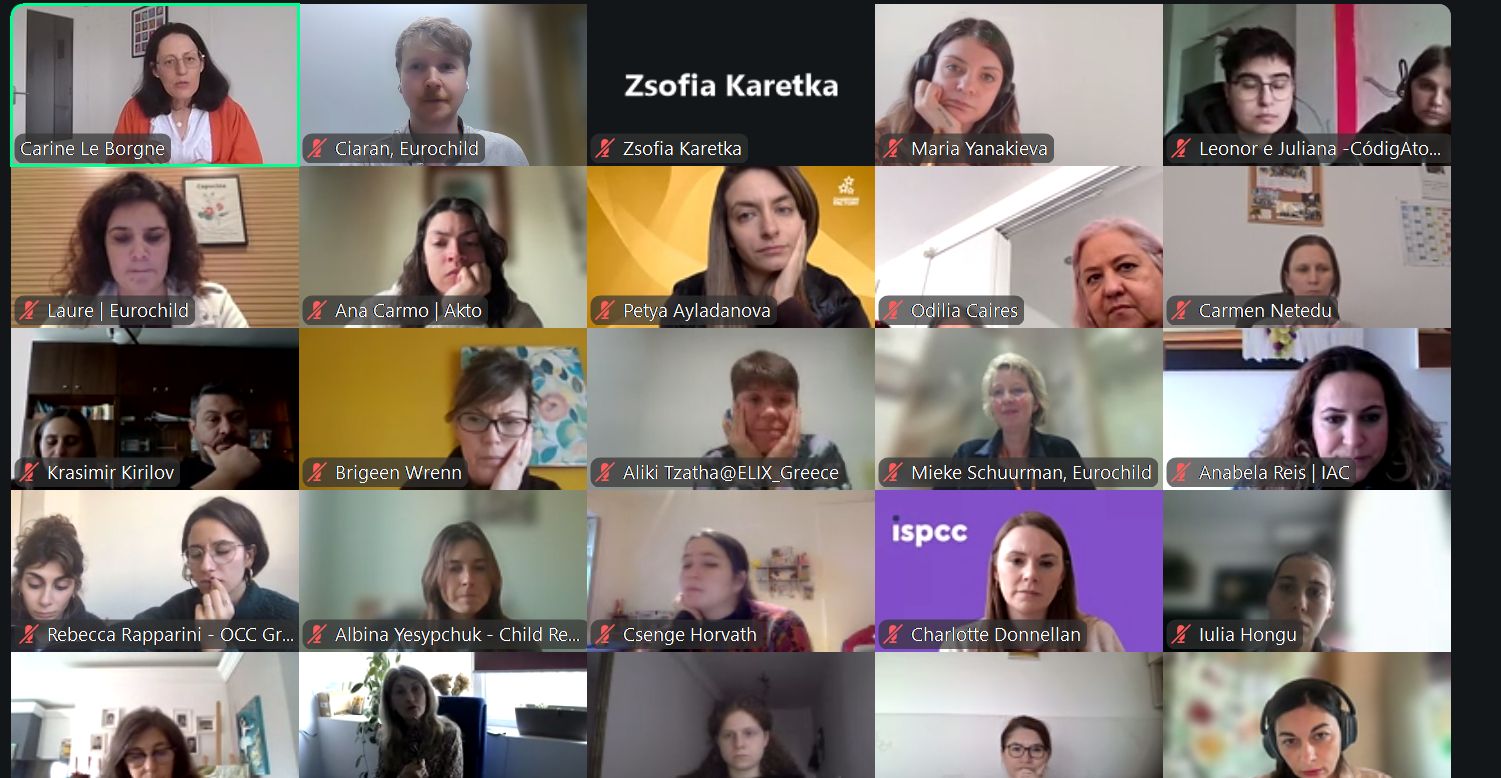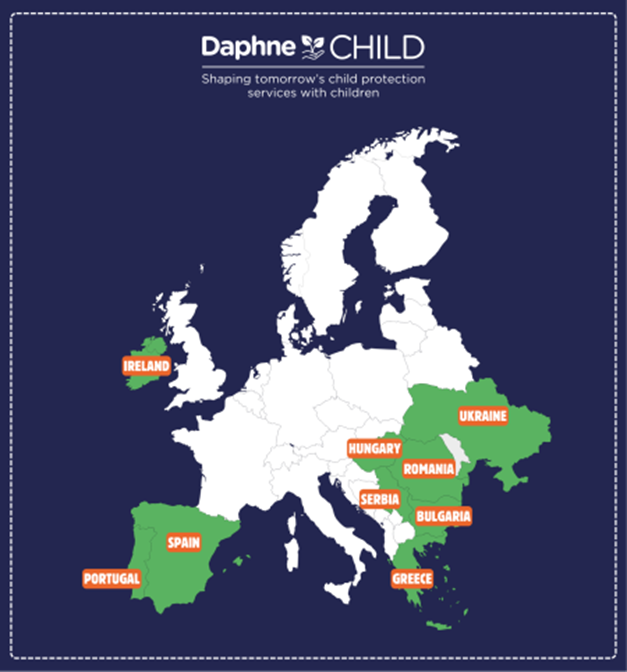The relationship between sleep deprivation and juvenile crime
Eurochild member Francesca Braga shares in her blog how sleep deprivation and disturbances are significantly linked to juvenile delinquency, highlighting the critical need for better sleep management to prevent violence in adolescents. Francesca, a lawyer with extensive experience in human rights, civil and criminal law, serves as the Consultant for the European Child Guarantee in Italy and collaborates with various UN bodies and NGOs.
In the past few months, I have analysed several studies about the importance of sleep and its relationship to the commission of crimes and violent actions and targeted adolescents aged 12-17. The study highlights how sleep disturbances and deprivation affect behavioural and emotional regulation, as well as decision-making to commit crimes and violent actions/omissions for adolescents. Poor sleep quality is consistently associated with higher aggression.
Sleep is a fundamental biological process for survival and well-being, occupying approximately one-third of human life. Adolescents need between eight and ten hours of sleep, and sleep deficiency is a prominent public health problem—especially among adolescents. Emotional regulation, which depends on sleep quality, is pivotal in managing aggression.
Sleep deprivation disrupts connectivity between the prefrontal cortex and the amygdala, the primary brain regions involved in impulse control and emotional processing. This imbalance increases susceptibility to intense emotional reactions and impulsive behaviours. Moreover, the association between sleep disorders and aggressive behaviours is even more evident in vulnerable people, such as individuals with mental health conditions. These data and information may help inform preventative interventions and policy recommendations to the EU Member States to redress the causes of juvenile delinquency and the role of healthy sleep in the prevention of crime and violence.
Nowadays, the regulation of the use of social media and the use of smartphones is a problem. Moreover, studies have proved that this factor negatively affects children and young people's sleep. In some European countries, the use of mobile phones at school is restricted or banned.
In France, as of 2018, the use of mobile phones is prohibited in all primary and secondary schools up to the age of 15, both during classes and at recess. There are some exceptions for educational reasons or students with disabilities. In the Netherlands, as of January 2024, a ban on cell phones in the classroom came into effect, with exceptions for educational use and students with special needs. There is no national ban in Sweden and Finland, but many schools enforce local restrictions on phone use during class. There is no outright ban in Italy, but a ministerial circular (2007) prohibits using cell phones during class to avoid distractions and disrespect.
For further information: Visit the website of Università Vita - Salute San Raffaele





